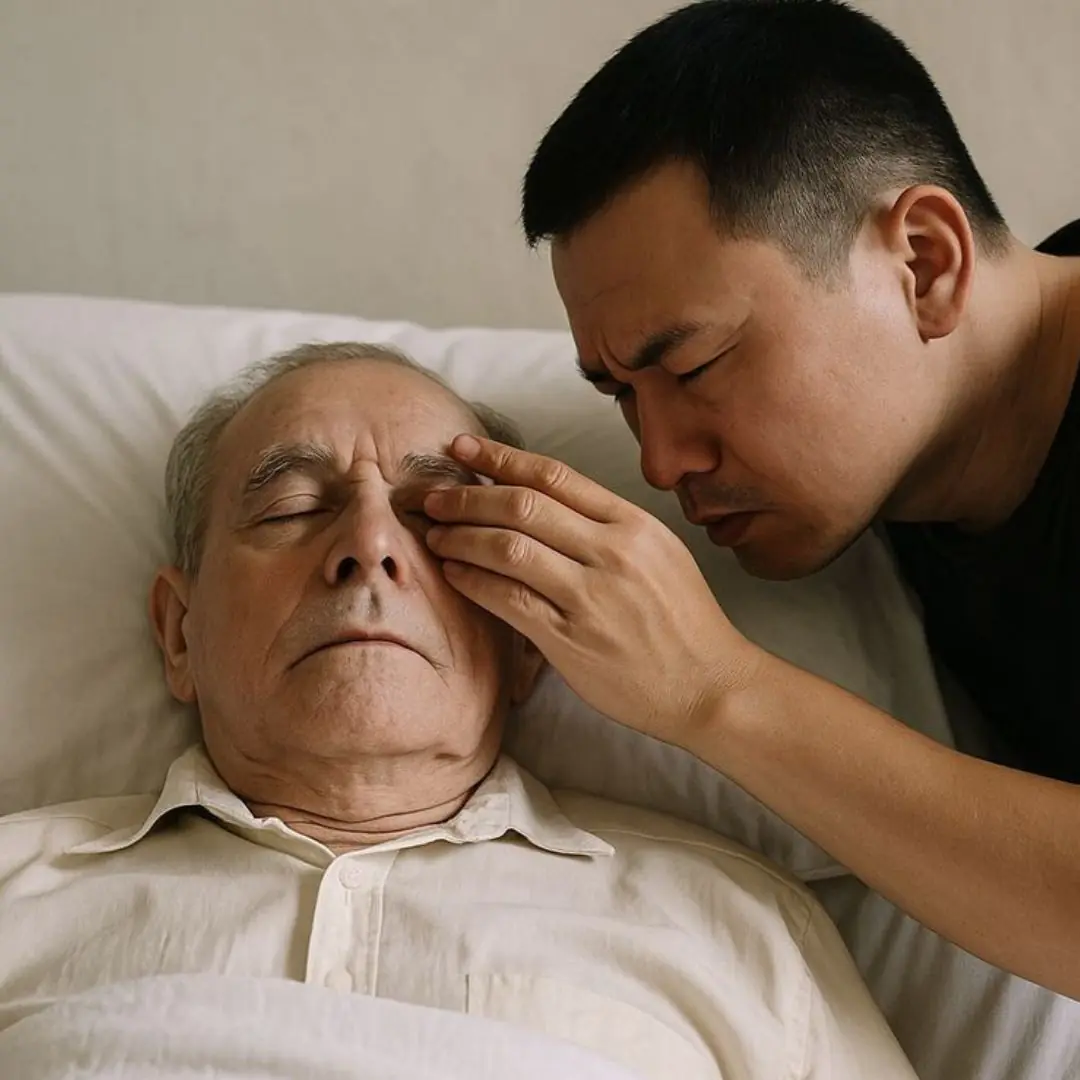
Is sleeping with eyes open harmful?
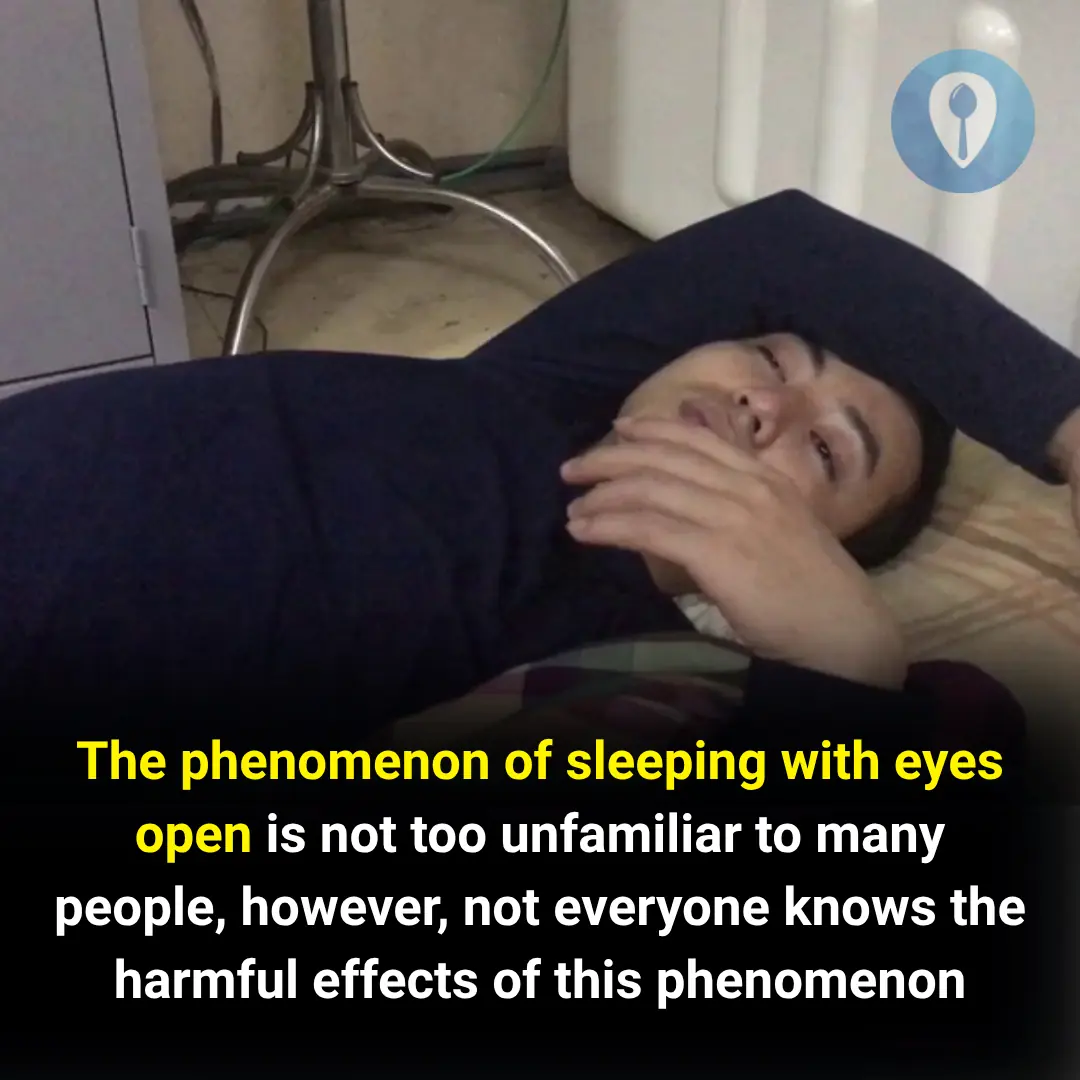
Sleeping with Eyes Open: What Does It Mean and Is It Harmful?
Sleeping with eyes open means that the eyelids do not fully close during sleep. This condition can negatively affect sleep quality, increase the risk of eye diseases, and gradually weaken overall health.
What Is the Phenomenon of Sleeping with Eyes Open?
Sleeping with eyes open is medically termed Nocturnal Lagophthalmos. It refers to a condition where a person sleeps with their eyes partially or fully open, even during deep sleep. This is not a rare or strange occurrence—it is actually a relatively common eye disorder.
Causes of Sleeping with Eyes Open
Since this is an eye-related condition, the causes are often linked to eye structure or surrounding areas.
1. Muscle or Nerve Problems Around the Eyelids
Paralysis or weakness of the muscles responsible for closing the eyelids is one of the main causes. This may result from:
-
Tumors pressing on facial nerves
-
Surgical procedures near facial nerves
-
Eye or facial injuries
-
Moebius syndrome
-
Guillain-Barré syndrome
Other illnesses such as chickenpox, mumps, diphtheria, or botulism poisoning can also cause muscle weakness or nerve paralysis, including in the eyelids and facial area.
2. Physical Damage to the Eyelids
Injuries like eyelid surgery, facial burns, or trauma can affect eyelid movement, making it difficult to close the eyes completely.
3. Protruding Eyes Due to Hyperthyroidism
People with thyroid eye disease may have bulging eyes, making it hard for the eyelids to close.
4. Sleep Disorders or Facial Muscle Atrophy
Certain sleep disorders or weakened facial muscles may also lead to sleeping with the eyes open.
5. Genetic Factors
In some families, nocturnal lagophthalmos can be hereditary.
6. Thick Eyelashes
A few rare cases involve eyelashes that are too thick or long, preventing the eyelids from fully closing.

Is Sleeping with Eyes Open Harmful?
Yes, this condition can lead to serious eye complications and even affect overall health. In severe cases, it can cause vision loss.
When we close or blink our eyes, a thin layer of tears coats the cornea and conjunctiva, keeping them moist and healthy. However, people who sleep with their eyes open lack this natural lubrication, leading to dryness, clouding, or corneal ulcers—which may eventually impair vision.
Additionally, partially open eyes allow dust and bacteria to enter easily, increasing the risk of infections such as conjunctivitis or keratitis. There is also a higher chance of corneal scratches or thickening of the outer layer due to excessive exposure.
How to Treat Sleeping with Eyes Open
Mild cases:
-
Wear moisture goggles at night
-
Use a humidifier in the bedroom
-
Apply lubricating eye drops or artificial tears
-
Use prescribed eye ointments to prevent dryness or scratches
Severe cases:
-
Surgery may be required to correct eyelid function or implant weights to help the eyelid close properly.
Conclusion
Sleeping with eyes open is not an uncommon eye condition. If detected early, it can be managed easily with eye drops and proper care. However, if left untreated, it may affect your vision. Therefore, if you notice that you sleep with your eyes partially open, consult an eye specialist promptly to determine the right treatment plan before the condition worsens.
News in the same category


Many people are puzzled when they see a bag of water hanging in someone’s window and can’t help but wonder what it’s for

10 Early Signs of Alzheimer’s & Dementia: Key Symptoms to Know

Taiwanese hospital removes more than 300 kidney stones from woman who prefers this drink to water

Notice bruises on your skin when you wake up? Be careful — this may be more than just a harmless mark

Smart Women Take Advantage of Their Peri.od to Do These 4 Things: Relieve Fatigue, Cleanse the Ute.rus, and Detox the Body

The Feet of People “Hiding” Can.cer Often Show 5 Differences

12 signs that may signal a brain aneurysm — Don’t ignore them
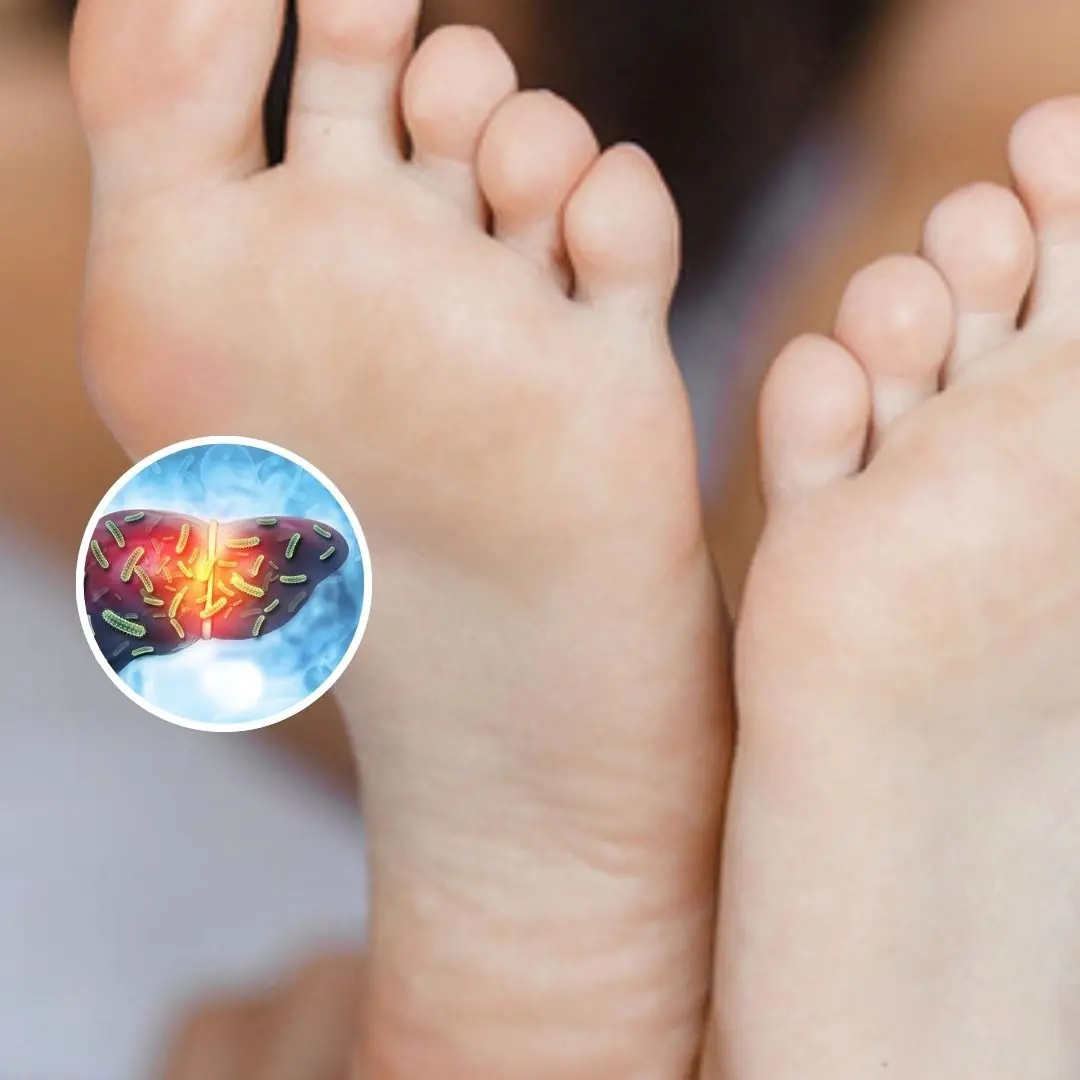
hese 4 Changes on the Soles of Your Feet May Signal Poor Liver Health — Not Having Them Is a Blessing

Strange theory for those who’ve never br.oken a bone

Purple leaf plant: A natural remedy for headaches and more

This poi.son des.troys your bones, but you drink it everyday

5 Red Flags of Kidney Stones That Everyone Should Watch Out For

Garlic eliminates infections: Sinusitis, UTIs, Sore Throat & More – 12 benefits and how to use it

7 Early Signs of Bile Duct Cancer You Shouldn’t Ignore
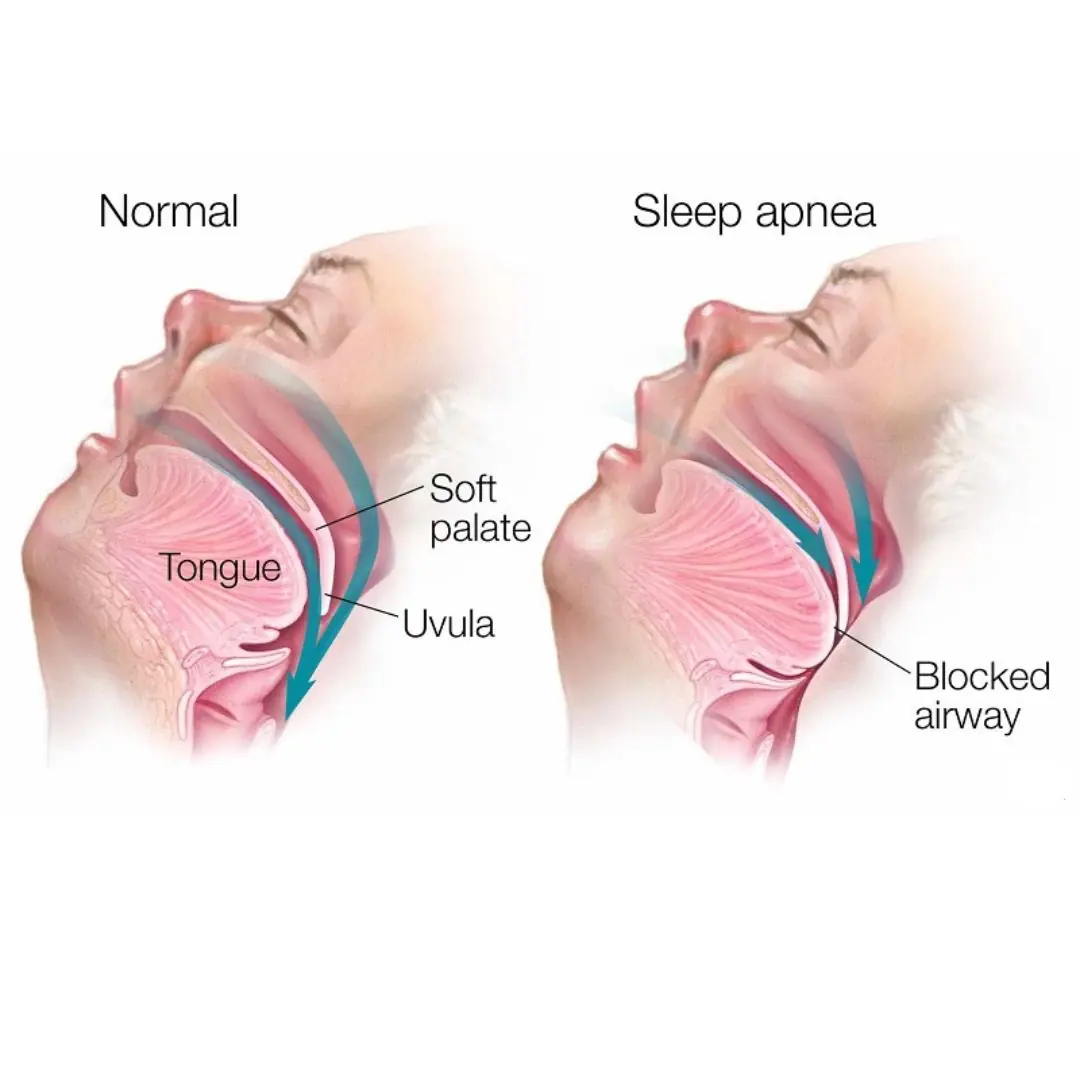
4 Signs You Might Have Sleep Apnea
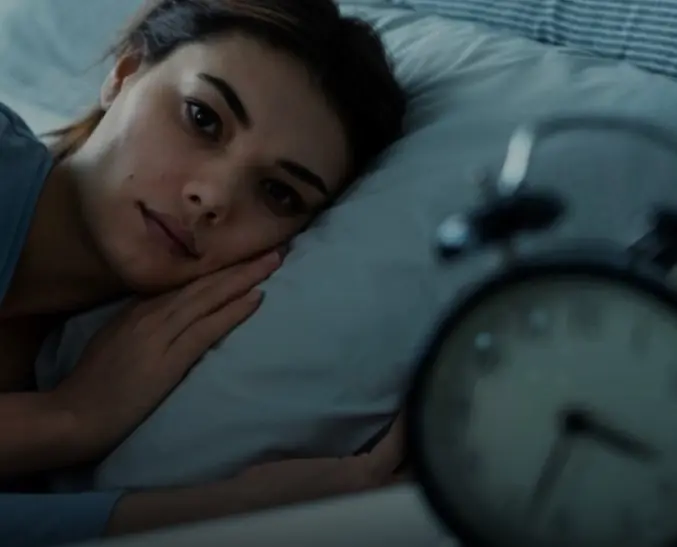
Frequently waking up at 3-4 AM: Be careful of these 4 sc.ary dis.eases

12 noticeable benefits of eating banana and avocado every morning for just one month
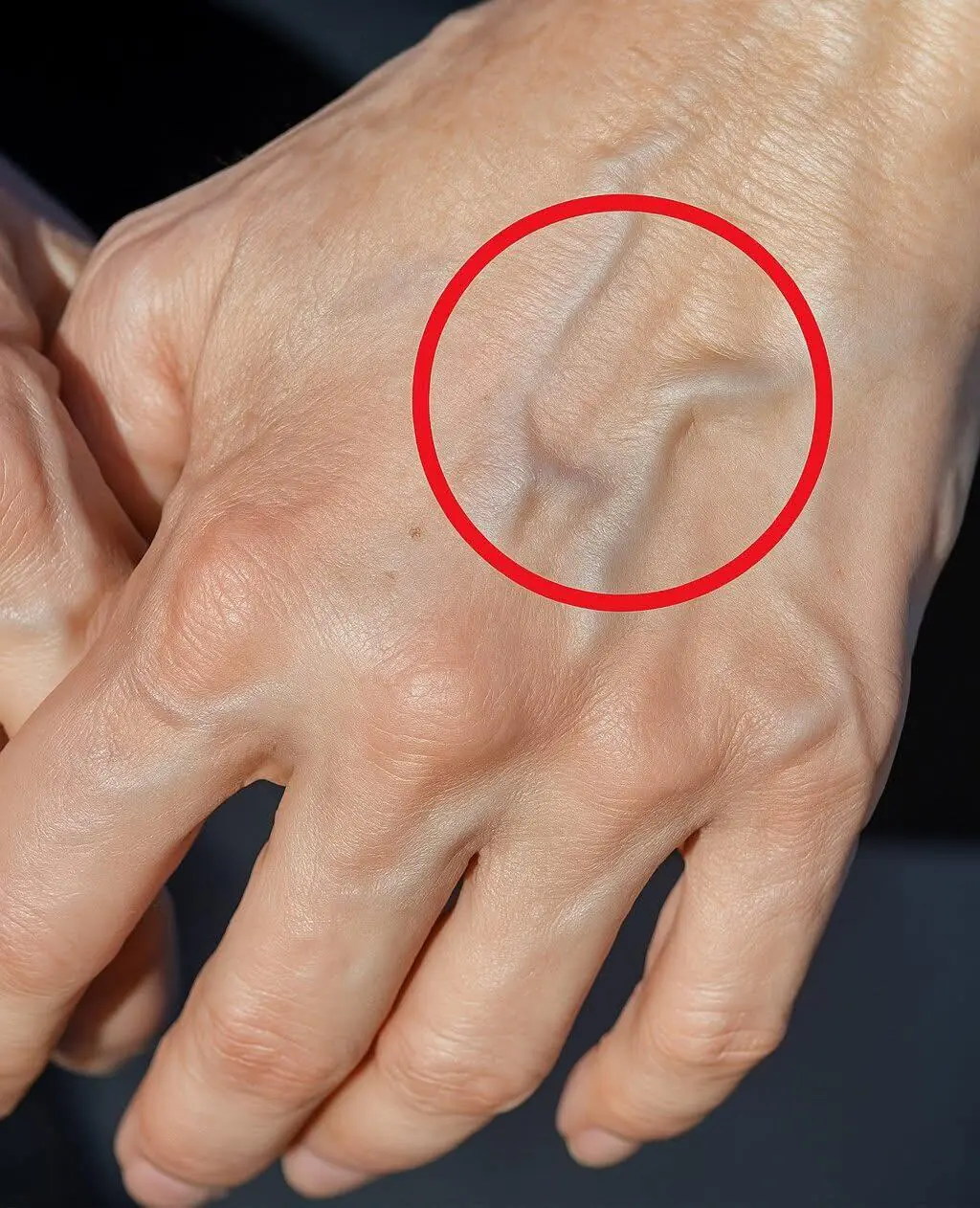
If Veins Suddenly Pop Out on Your Hands
News Post

Some people leave this world with eyes still open — especially in sudden d.e.a.t.h. Is it fear… or biology?

Many people are puzzled when they see a bag of water hanging in someone’s window and can’t help but wonder what it’s for

Is Your Phone Being Tapped? Check This Hidden Button Before It’s Too Late!

How to get rid of bed bugs naturally

The hidden washing machine switch you probably didn’t know about

10 Early Signs of Alzheimer’s & Dementia: Key Symptoms to Know

Taiwanese hospital removes more than 300 kidney stones from woman who prefers this drink to water

Notice bruises on your skin when you wake up? Be careful — this may be more than just a harmless mark

Smart Women Take Advantage of Their Peri.od to Do These 4 Things: Relieve Fatigue, Cleanse the Ute.rus, and Detox the Body

The Feet of People “Hiding” Can.cer Often Show 5 Differences

Hotel Staff Confess: 5 “Clean-Looking” Items in Motels & Hotels That Are Actually Filthy – Number 4 Will Sho.ck You Most!

Sign Someone Might Be Planning to Leave

If the paint inside a rice cooker or non-stick pan is scratched or peeling

12 signs that may signal a brain aneurysm — Don’t ignore them

hese 4 Changes on the Soles of Your Feet May Signal Poor Liver Health — Not Having Them Is a Blessing

Strange theory for those who’ve never br.oken a bone

Purple leaf plant: A natural remedy for headaches and more

This poi.son des.troys your bones, but you drink it everyday
